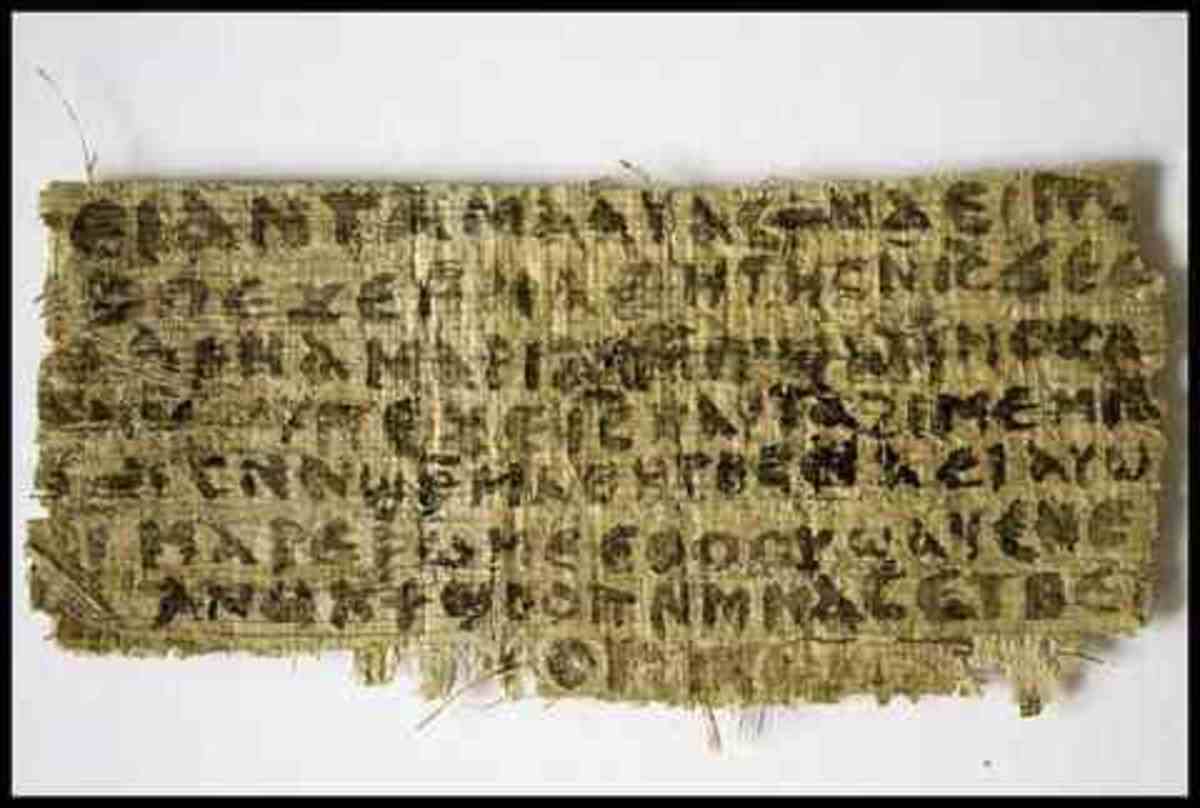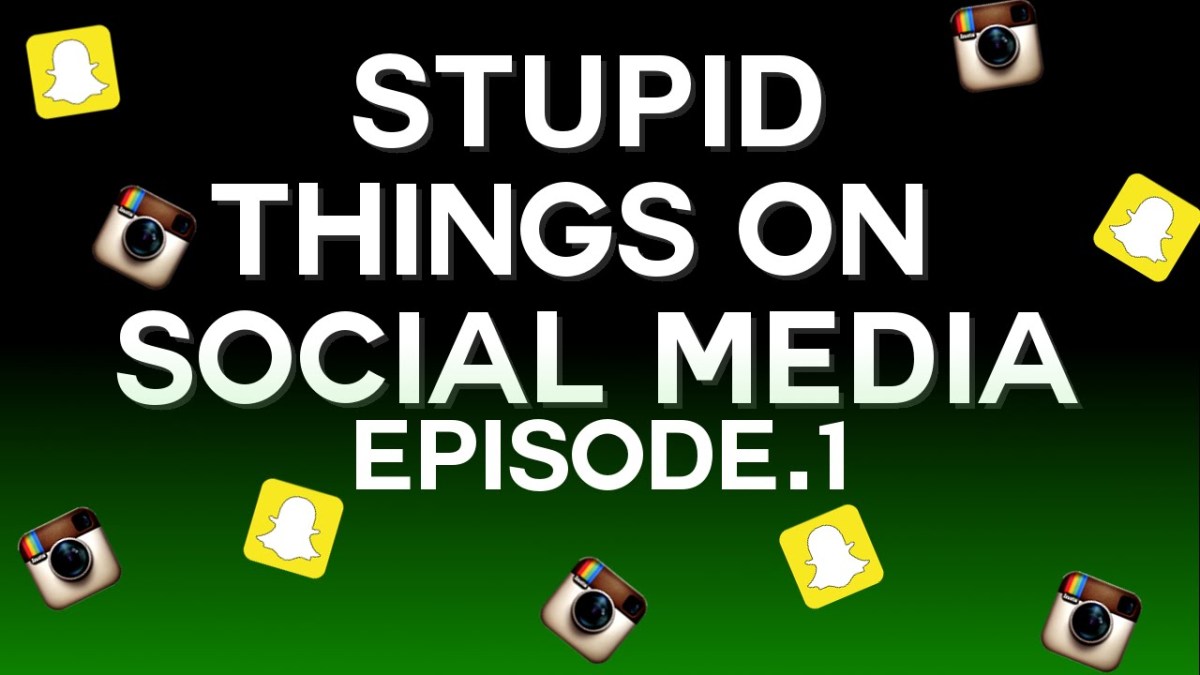Jesus laughed
Did Jesus laugh?
For two thousand years the world has been fascinated by a Middle-Eastern legend. A small group of Galileans led by a man named יְהוֹשֻׁעַ(Yehoshua) went around their part of Judaea preaching a return to the fundamental precepts of the Pharisee sect. Their leader, who would become known by the Greek version of his name Iesous eventually anglicized into Jesus, was captured. He was tried and convicted of insurrection. The traditional method of execution for insurrection against Rome was crucifixion. Jesus was crucified according to Roman law with the nature of his crime affixed to the top of the cross. Iesus Nazarenus, Rex Iudaeorum (Jesus of Nazareth, King of the Jews) In other words, he declared himself a King without Roman approval.
That should have been the end of it. There was nothing unusual in his philosophy and Judaea, at that time, had a number of Messiahs all wanting to kick the Romans out and establish a fundamentalist theocratic state. (The Kingdom of God on Earth) Then there appeared stories of an empty tomb and of resurrection. Jesus became, like the incarnations of Krishna in Indian traditions, God himself. With one glaring omission; He had no sense of humor. “Jesus wept” (John 11:35) but where does it say “Jesus laughed”?
Jesus Laughed

The Four Canonical Gospels
The four Gospels contain a number of humorous references. Those jokes and one-liners have been carefully sanitized over the years. Partly because it is particularly Jewish humor and contains some “In Jokes” but mainly because the austere tradition, in which early Christianity developed, could not imagine God laughing. Direct references to Jesus laughing, or at least smiling, can be found in those texts which were read and held sacred by early Christian communities. In time they were excluded by the more popular denominations and so were removed from Orthodox scripture.
An example of how the humor of Jesus has been sanitized is found in Mathew chapter 19. Here a rich young man asks how he can get to Heaven. When he is unwilling to give his wealth to the poor Jesus says "It is easier for a camel to go through the eye of a needle, than for a rich man to enter into the kingdom of God." (Matthew 19:24)
It has been consistently taught that there was some kind of customs gate into Jerusalem. Where, in order for a camel to enter it must take off all its goods and hobble through on its knees. Not true folks. There never was such a gate. Jesus was kidding, it was hyperbole. Read it again, and you can imagine Jesus with a wry smile making that statement and his followers chuckling. Just like the story of the man with a beam of wood in his eye trying to get a speck of dust out of someone else’s eye. Just like the blind leading the blind until they all fall in a ditch. This is humor, deliberate exaggeration to raise a chuckle. The trouble is they have all been analyzed and dissected over the centuries. Christianity has developed a God who never giggled. That was not always the case.
The Other Gospels
It is hardly credible that the only people to write about the events in Galilee at the start of the Christian era were the handful of people mentioned as authors in the New Testament. There are a number of other texts that have come to light. Dated from the early Christian era they present a different view to the traditional one.
The Gospel of Philip:
Primarily a collection of Theological statements; Chapter 74 v 30-35 contains;
“And as soon as Christ went down into the water he came out laughing at everything of this world, not because he considers it a trifle, but because he is full of contempt for it. He who wants to enter the Kingdom of Heaven will attain it”
The Apocalypse of Peter:
This document claims to be a revelation given to Peter explained by Jesus. This book reveals the intention of God regarding the end of the world. It is in the same genre as the “Apocalypse” or “Revelations” in the New Testament.
Chapter 81 v 16-19 contains; “The Savior said to me. ‘He whom you saw on the tree, glad with laughing, this is the living Jesus.”
Chapter 82 V 4-5 contains; “And I saw someone about to approach us resembling him, even him who was laughing on the tree.”
Chapter 82 v 27 “But he who stands near him is the living savior, the first in him, whom they seized and released, who stands joyfully looking at those who did him violence, while they are divided among themselves. Therefore he laughs at their lack of perception, knowing that they are born blind.”
The Sophia of Jesus Christ:
This is basically a tract. It combines a number of early Christian Theologies mostly from the Gnostic tradition.
Chapter 91 v 25 “The savior laughed and said to them; What are you thinking about? Why are you perplexed?”
The second treatise of the great Seth:
One of the early Gnostic scriptures, it is in the form of a dialogue allegedly spoken by Jesus. The name “Seth” does not appear anywhere in the work only in the title. It is assumed that for “Seth” read “Jesus”
Chapter 53 v 32 “But I (Jesus) laughed joyfully when I examined his empty glory.”
Chapter 56 v 19 “And I was laughing at their ignorance”
What If?
Christianity has shaped the culture and belief systems of the western world. That small group of Galileans changed history and placed the Hebrew God at the center of Theology. The result has been wars and the burning alive of those who disagreed. There have been schisms and quarrels that still haunt the religions of the world. It is often entertaining, and sometimes instructive, to play a “What if?” game. What if Christianity had followed a different path? What if other scriptures were included in the canon? What if Christianity was based around a joyful God, A God who laughed? Would history have been very different if, instead of crying with Christ, Christians had giggled with God?









